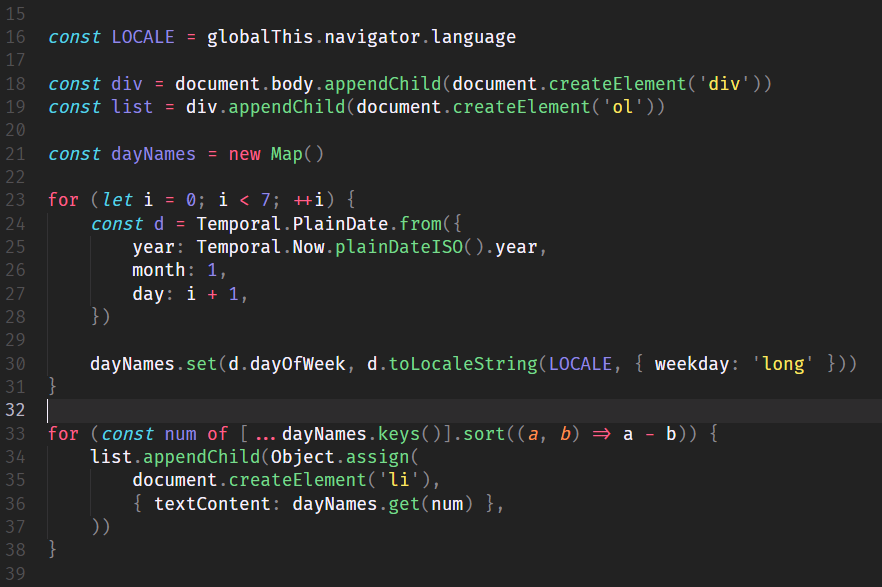Introduction: Welcome to our comprehensive beginner’s guide to the top 10 Java interview questions. If you’re preparing for a Java interview, this article is designed to equip you with the knowledge and confidence you need to excel. We’ve compiled a list of frequently asked Java interview questions and provided detailed explanations to help you understand the concepts behind them. So, let’s dive in!
Q1.What is the difference between JDK, JRE, and JVM?
JDK (Java Development Kit) is a software development kit that includes tools needed to develop Java applications. It contains the JRE (Java Runtime Environment) and development tools such as the Java compiler. JRE (Java Runtime Environment) provides the runtime environment required to run Java applications. It includes the JVM (Java Virtual Machine) and core libraries. JVM (Java Virtual Machine) is responsible for executing Java bytecode. It provides platform independence by interpreting the bytecode and translating it into machine-specific instructions.

Q2.What are the main features of Java?
Object-oriented programming (OOP): Java supports the principles of OOP, such as encapsulation, inheritance, and polymorphism. Platform independence: Java programs can run on any platform with a Java Virtual Machine (JVM). Automatic memory management: Java manages memory through garbage collection, freeing developers from manual memory allocation and deallocation. Exception handling: Java provides built-in mechanisms for handling and managing exceptions during runtime. Multithreading: Java supports concurrent programming by allowing multiple threads to run concurrently within a single program.
Q3.Explain the concept of object-oriented programming (OOP) and its principles.
Object-oriented programming is a programming paradigm that organizes code into objects, which are instances of classes. OOP focuses on data abstraction, encapsulation, inheritance, and polymorphism. Abstraction: Hiding unnecessary details and exposing only relevant information. Encapsulation: Combining data and methods into a single unit (class) and restricting access to the internal data through access modifiers. Inheritance: The ability to create new classes (derived or child classes) from existing classes (base or parent classes), inheriting their properties and methods. Polymorphism: The ability of objects to take on different forms or respond in different ways based on the context, achieved through method overriding and method overloading.
Q4.What is the difference between abstract classes and interfaces in Java?
An abstract class is a class that cannot be instantiated and is meant to be subclassed. It can contain both abstract and concrete methods. Subclasses must provide implementations for abstract methods. An interface is a reference type that defines a contract for classes to follow. It contains only abstract methods and constants. Classes can implement multiple interfaces but can only extend a single abstract class.

Q5.How does Java handle memory management and garbage collection?
Java handles memory management through automatic garbage collection. It periodically identifies and frees memory that is no longer in use. The JVM keeps track of allocated memory and reclaims objects that are no longer referenced by the program.
Q6.Explain the concept of multithreading in Java and how it can be implemented.
Multithreading allows concurrent execution of multiple threads within a single program. Each thread represents an independent flow of execution. In Java, multithreading can be implemented by extending the Thread class or implementing the Runnable interface and using the Thread class to create threads.
Q7.What is the difference between checked and unchecked exceptions in Java?
Checked exceptions are checked at compile-time, and the code must handle or declare them using the try-catch block or specifying them in the method signature using the throws keyword. Unchecked exceptions, also known as runtime exceptions, are not checked at compile-time. They do not require explicit handling or declaration. Examples include NullPointerException and "ArrayIndexOutOfBoundsException."
top 10 Java interview questions
Q8.What is the purpose of the “static” keyword in Java? Provide examples.
The static keyword is used to declare members (variables and methods) that belong to the class itself rather than to instances of the class. Example: A static variable is shared among all instances of the class, while a static method can be invoked without creating an instance of the class. check Youtube Video :https://www.youtube.com/watch?v=bW8qG1MX7jQ&list=PL92c0di50EKBbgn_Gn6-hjP122miVOMm1&pp=iAQB
🎓 Need Complete Final Year Project?
Get Source Code + Report + PPT + Viva Questions (Instant Access)
🛒 Visit UpdateGadh Store →
Post Views: 747

